Norman Dello Joio (1913 - 24 luglio 2008): Satiric Dances for a Comedy by Aristophanes per banda (1975). Hov Musikkorps, dir. Morten Fagerjord.
L’approfondimento
di Pierfrancesco Di Vanni
L’armonia di due mondi: la vita e la musica di Norman Dello Joio
Norman Dello Joio è stato un influente compositore americano di origine italiana, la cui carriera si è estesa per oltre cinquant’anni. Noto principalmente per la sua musica corale e vincitore del prestigioso Premio Pulitzer, la sua opera rappresenta una sintesi unica tra la tradizione musicale europea e il dinamismo ritmico americano.
Le origini e la formazione musicale
Nato a New York da immigrati italiani, Dello Joio fu immerso nella musica fin dalla tenera età. Suo padre, Casimiro, era organista, pianista e insegnante di canto, e lavorava con le stelle del Metropolitan Opera; gli impartì le prime lezioni di pianoforte quando Norman aveva quattro anni. Il talento del giovane sbocciò rapidamente: a 14 anni era già organista e direttore di coro presso la Star of the Sea Church. La sua formazione si consolidò sotto la guida di figure di spicco: studiò organo con il suo padrino, Pietro Yon – organista della Cattedrale di San Patrizio – e, nel 1939, ottenne una borsa di studio per la prestigiosa Juilliard School, dove studiò composizione con Bernard Wagenaar. Un incontro decisivo fu quello con il compositore Paul Hindemith, che lo incoraggiò a sviluppare la sua naturale vena lirica e melodica, anziché aderire ai più rigidi sistemi atonali dell’epoca, un consiglio che avrebbe definito il suo stile per tutta la vita.
La carriera: capolavori e riconoscimenti
Dello Joio è stato un compositore prolifico e versatile, ma è celebre soprattutto per i suoi lavori corali. Tra i suoi successi più importanti si annoverano:
– il Premio Pulitzer (1957), conferitogli per le Meditations on Ecclesiastes, un’opera profonda eseguita per la prima volta alla Juilliard School l’anno precedente;
– le Fantasies on a Theme by Haydn sono diventate un caposaldo del repertorio internazionale per ensemble di fiati; inoltre, Variations, Chaconne and Finale valsero a Dello Joio il New York Critics Circle Award nel 1948.
– a partire dal 1948 Dello Joio strinse un’importante collaborazione con la leggendaria danzatrice e coreografa Martha Graham, per la quale scrisse opere iconiche come Diversion of Angels e Seraphic Dialogue;
– il Premio Emmy (1965) per la miglior colonna sonora televisiva, vinto con lo speciale della NBC The Louvre; da questa partitura ebbe poi origine la celebre suite in cinque movimenti per banda Scenes from The Louvre.
Lo stile musicale: un ponte tra antico e moderno
Lo stile di Dello Joio è caratterizzato da una sintesi creativa e spontanea di elementi apparentemente distanti: le sue opere fondono la solennità dei canti gregoriani e delle melodie della musica antica, spesso usate come cantus firmus, con la vitalità e l’energia dei ritmi jazzistici. Il risultato è una musica ricca di contrappunto, ma sempre accessibile e profondamente lirica, che riflette perfettamente il consiglio ricevuto da Hindemith.
L’eredità e gli ultimi anni
Oltre che per la sua attività di compositore, Dello Joio fu apprezzato anche quale didatta: insegnò al Sarah Lawrence College e al Mannes College of Music e ricoprì il ruolo di professore e preside presso il College of Fine Arts della Boston University.
Dopo il suo ritiro nel 1978, donò il proprio archivio personale di manoscritti alla New York Public Library for the Performing Arts, assicurando la conservazione della sua eredità. Rimase musicalmente attivo fino agli ultimi anni, continuando a comporre. Si spense nel sonno il 24 luglio 2008, all’età di 95 anni, lasciando un’eredità portata avanti anche dai suoi figli, tra cui il compositore Justin Dello Joio e il cavaliere olimpico Norman Dello Joio.
Analisi delle Satiric Dances
Questa composizione incapsula perfettamente lo stile maturo di Dello Joio. Ispirato dal genio comico e satirico del commediografo greco Aristofane, Dello Joio crea un’opera in tre movimenti che non è una semplice narrazione, ma un’evocazione dello spirito teatrale: grottesco, energico, a tratti irriverente ma capace anche di inaspettata tenerezza.
Il primo movimento funge da ouverture sfacciata e pomposa, introducendo immediatamente l’ascoltatore in un mondo di satira e parodia. Il brano si apre con un motivo stentoreo e quasi marziale, affidato agli ottoni e sostenuto da percussioni incisive. L’atmosfera non è eroica in senso tradizionale, ma piuttosto una parodia dell’eroismo, come se una compagnia di attori goffi stesse mettendo in scena una grande processione.
Emerge il tema principale, una melodia spigolosa e danzante suonata dai legni (in particolare clarinetti e oboi). Il suo carattere è giocoso e quasi sgraziato, con un ritmo zoppicante e sincopato che suggerisce una danza comica e disarticolata: Dello Joio alterna brillantemente questo tema tra le diverse sezioni, creando un dialogo vivace. La scrittura è ricca di contrappunto, con linee melodiche secondarie che si intrecciano costantemente, mantenendo alta la tensione e l’interesse.
La musica cambia carattere, diventando più aggressiva e frammentata: gli ottoni esplodono con accordi dissonanti e ritmi martellanti, quasi a rappresentare una discussione accesa o una scena caotica sul palco. Le armonie si fanno più aspre, con l’uso di bitonalità che accentuano il carattere satirico. Questa sezione dimostra la maestria del compositore nell’usare l’intera gamma dinamica e timbrica della banda, costruendo la tensione verso un climax potente e fragoroso.
Il movimento si conclude con una riaffermazione del materiale iniziale, spinto a un’intensità ancora maggiore. Il finale è brusco e definitivo, chiudendo il sipario su questa prima scena con un’energia travolgente e senza compromessi.
Dopo la turbolenza del primo movimento, Dello Joio introduce un momento di profonda introspezione e lirismo. Il movimento si apre con un assolo struggente e cantabile dell’oboe, una melodia lunga e sinuosa che evoca un senso di solitudine e riflessione. È qui che emerge con chiarezza l’inclinazione lirica del compositore, in netto contrasto con la satira precedente: l’accompagnamento è scarno e trasparente, permettendo alla linea solistica di fiorire.
La melodia viene ripresa e sviluppata da altre sezioni, in particolare dai corni e dagli altri ottoni, che creano un ricco corale dal sapore quasi sacro. L’armonia, sebbene moderna, è calda e consolatoria. La musica si gonfia in un crescendo emotivo di grande intensità (attorno a 4:10), un’onda di passione che però si ritira quasi subito, tornando alla quiete iniziale. Questo movimento non è semplicemente “triste”, ma complesso, passando dalla malinconia a un calore nostalgico.
Il movimento si dissolve nel silenzio. L’oboe riprende un frammento della sua melodia, accompagnato da accordi tenui e delicati. La chiusura è sospesa e interrogativa, lasciando l’ascoltatore in uno stato di contemplazione prima della sfrenata danza finale.
Il finale è una danza travolgente e virtuosistica, un tour de force ritmico che incarna il significato di “spumante”. Il movimento esplode senza preavviso con figure rapide e staccato dei legni, sostenute da un impulso ritmico inarrestabile delle percussioni e degli ottoni gravi. Il carattere è quello di una tarantella frenetica o di una danza popolare selvaggia. I temi sono brevi, frammentati e vengono scagliati da una sezione all’altra dell’ensemble in un dialogo serrato e giocoso, che richiede un’incredibile precisione tecnica.
La musica cambia brevemente marcia, introducendo un tema più pesante e grottesco guidato dai sassofoni e dai tromboni: ha il sapore di una marcia goffa, quasi da circo, che interrompe la danza scatenata con un momento di umorismo più pesante e caricaturale. Questo intermezzo funge da perfetto contrasto prima della corsa finale.
L’energia iniziale ritorna con vigore raddoppiato: il tempo accelera progressivamente in un accelerando mozzafiato, spingendo l’ensemble ai suoi limiti tecnici. Ogni sezione contribuisce a costruire un vortice sonoro che culmina in una serie di accordi finali potenti e percussivi. La conclusione è netta, esuberante e affermativa, un finale perfetto per una commedia che termina in una celebrazione caotica e gioiosa.
Nel complesso, le Satiric Dances costituiscono una dimostrazione magistrale della capacità di Dello Joio di fondere energia ritmica, profondo lirismo e un acuto senso del teatro. Attraverso l’abile uso dei colori della banda, crea un’opera che è allo stesso tempo divertente, toccante e tecnicamente brillante, un omaggio sonoro perfetto allo spirito immortale di Aristofane.



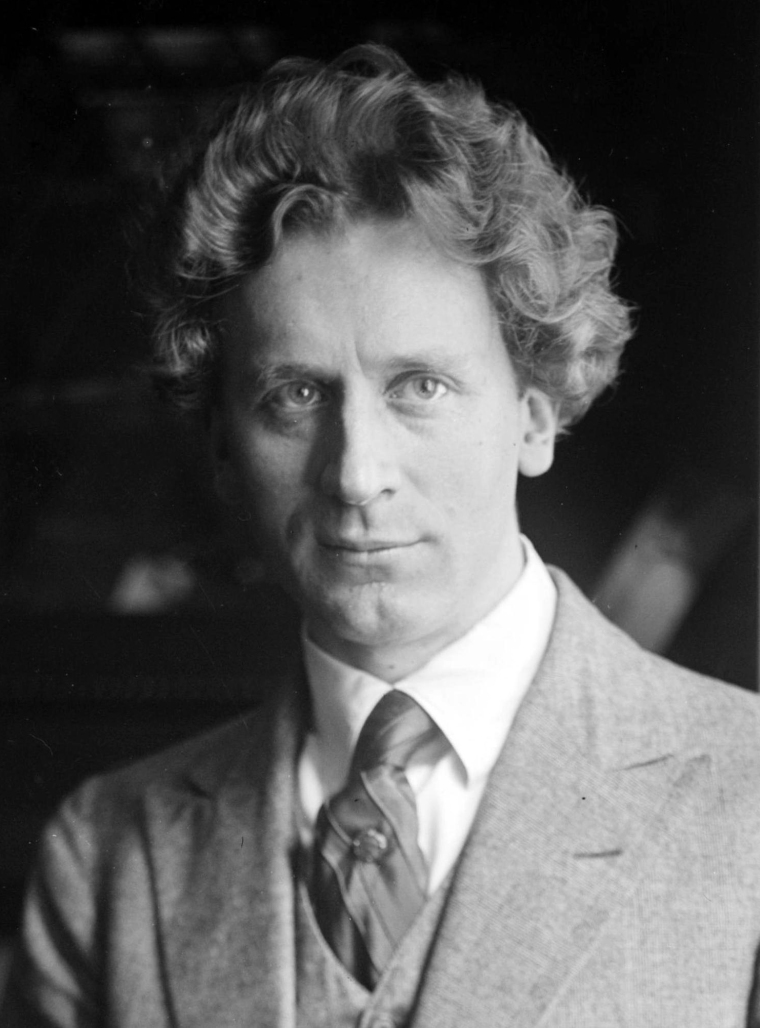
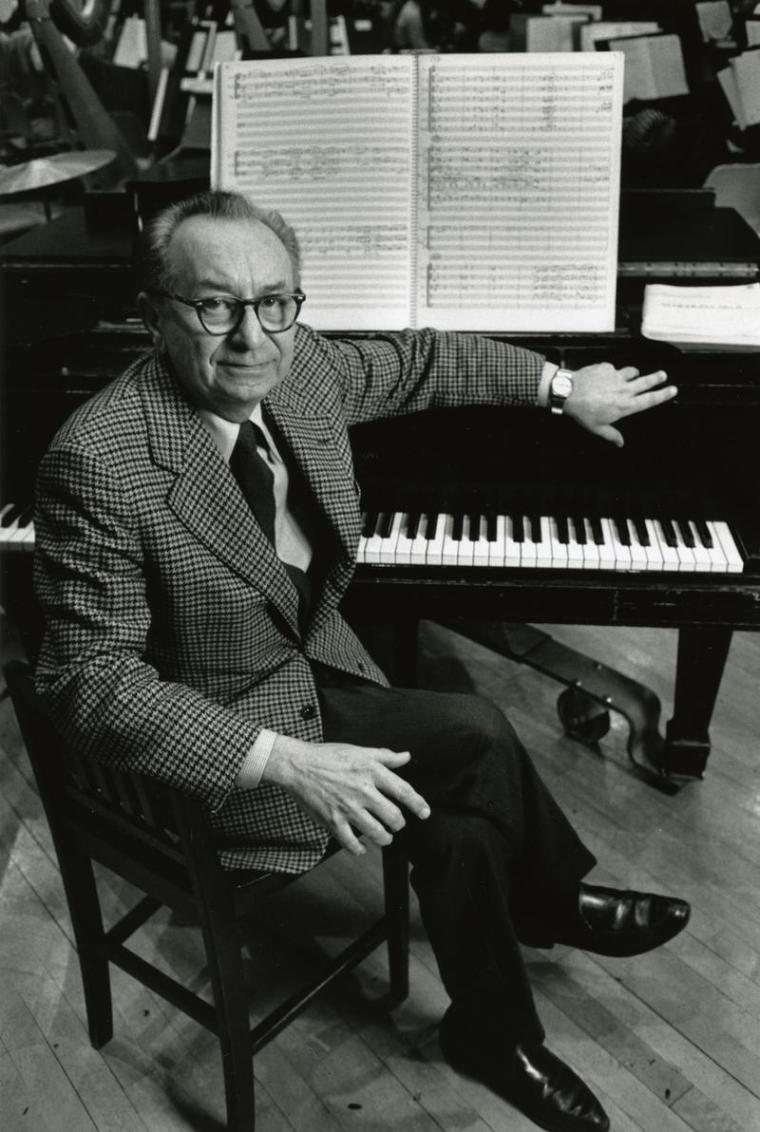
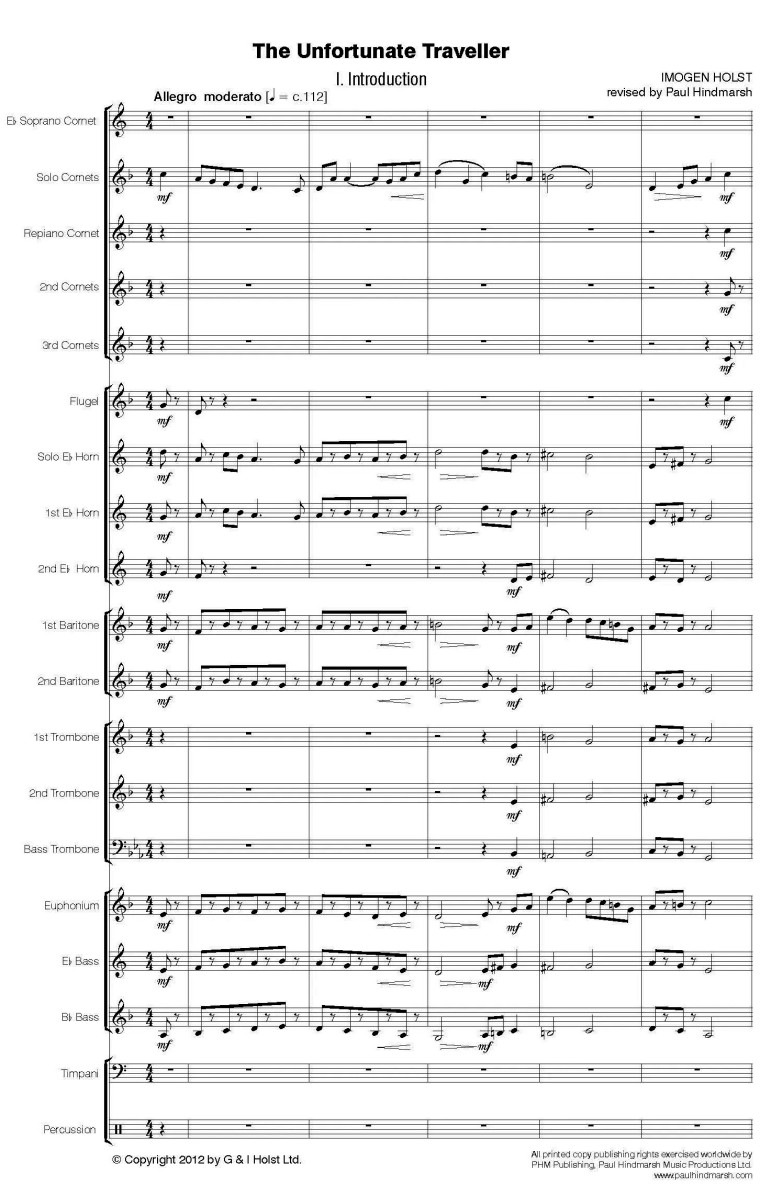
 Greensleeves è citata nell’ultimo movimento della Suite n. 2 [10:14 e 11:33], in contrappunto con la vivace melodia irlandese intitolata Dargason (parola forse derivata da un termine anglosassone che significa nano o fata); anche Dargason, come Greensleeves, risale al XVI secolo.
Greensleeves è citata nell’ultimo movimento della Suite n. 2 [10:14 e 11:33], in contrappunto con la vivace melodia irlandese intitolata Dargason (parola forse derivata da un termine anglosassone che significa nano o fata); anche Dargason, come Greensleeves, risale al XVI secolo.  Greensleeves is quoted in the last movement of the Second Suite [10:14 and 11:33], in counterpoint to a lively Irish tune called Dargason (a word possibly derived from an Anglo-Saxon term meaning dwarf or fairy); both Dargason and Greensleeves date from the 16th century.
Greensleeves is quoted in the last movement of the Second Suite [10:14 and 11:33], in counterpoint to a lively Irish tune called Dargason (a word possibly derived from an Anglo-Saxon term meaning dwarf or fairy); both Dargason and Greensleeves date from the 16th century. 



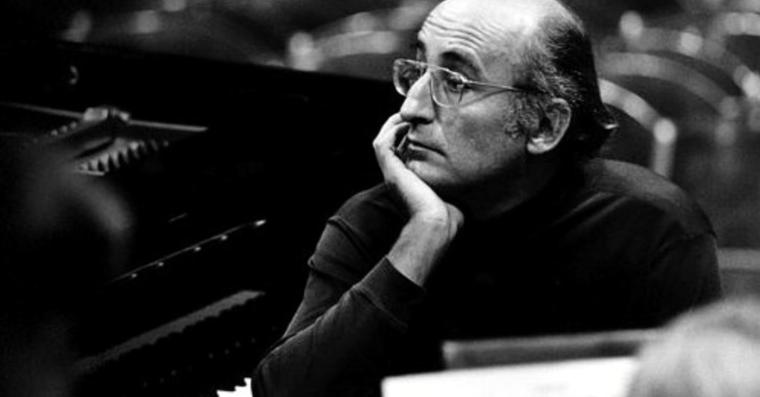
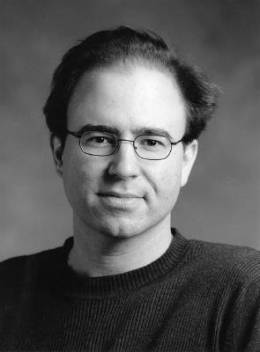 Christopher Theofanidis (18 dicembre 1967): Concerto per marimba, strumenti a fiato e percussione (2013). William Moersch, marimba; Illinois Wind Symphony, dir. Robert W. Rumbelow.
Christopher Theofanidis (18 dicembre 1967): Concerto per marimba, strumenti a fiato e percussione (2013). William Moersch, marimba; Illinois Wind Symphony, dir. Robert W. Rumbelow. 